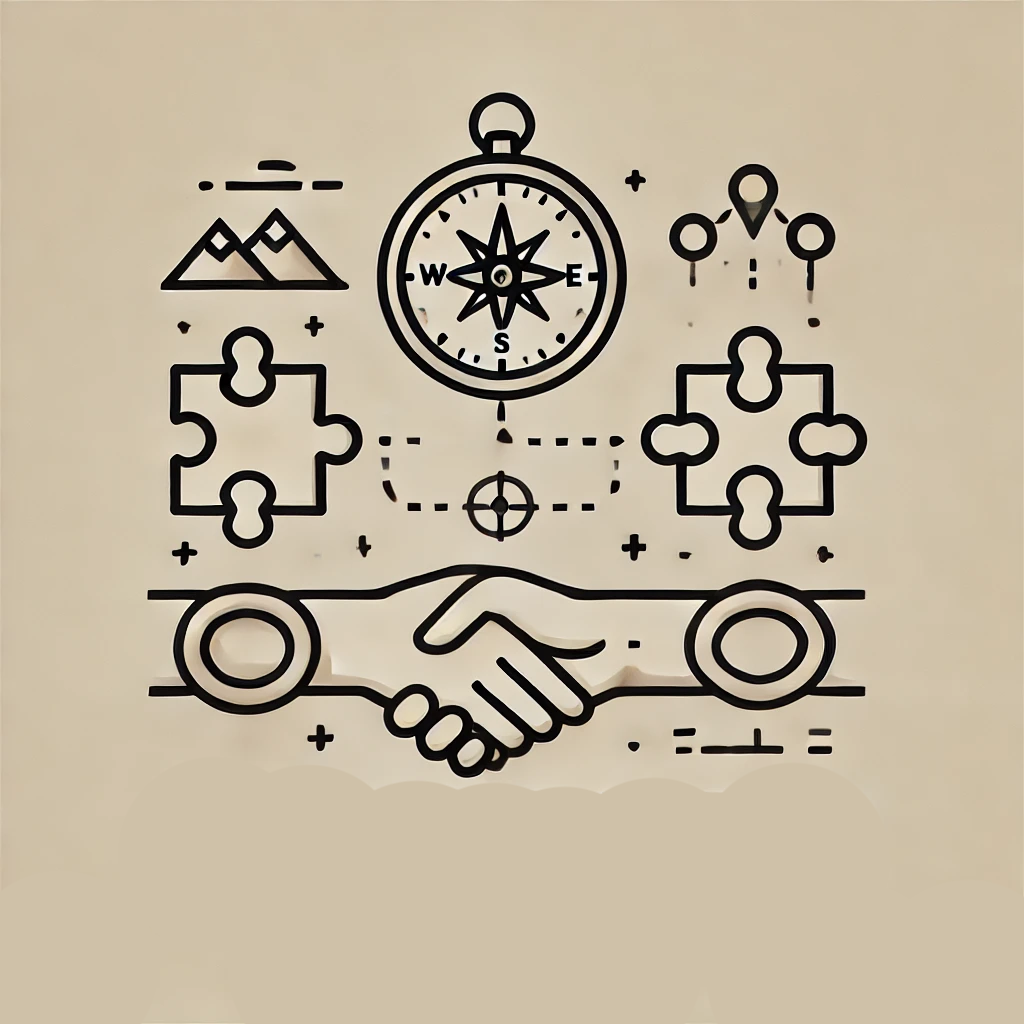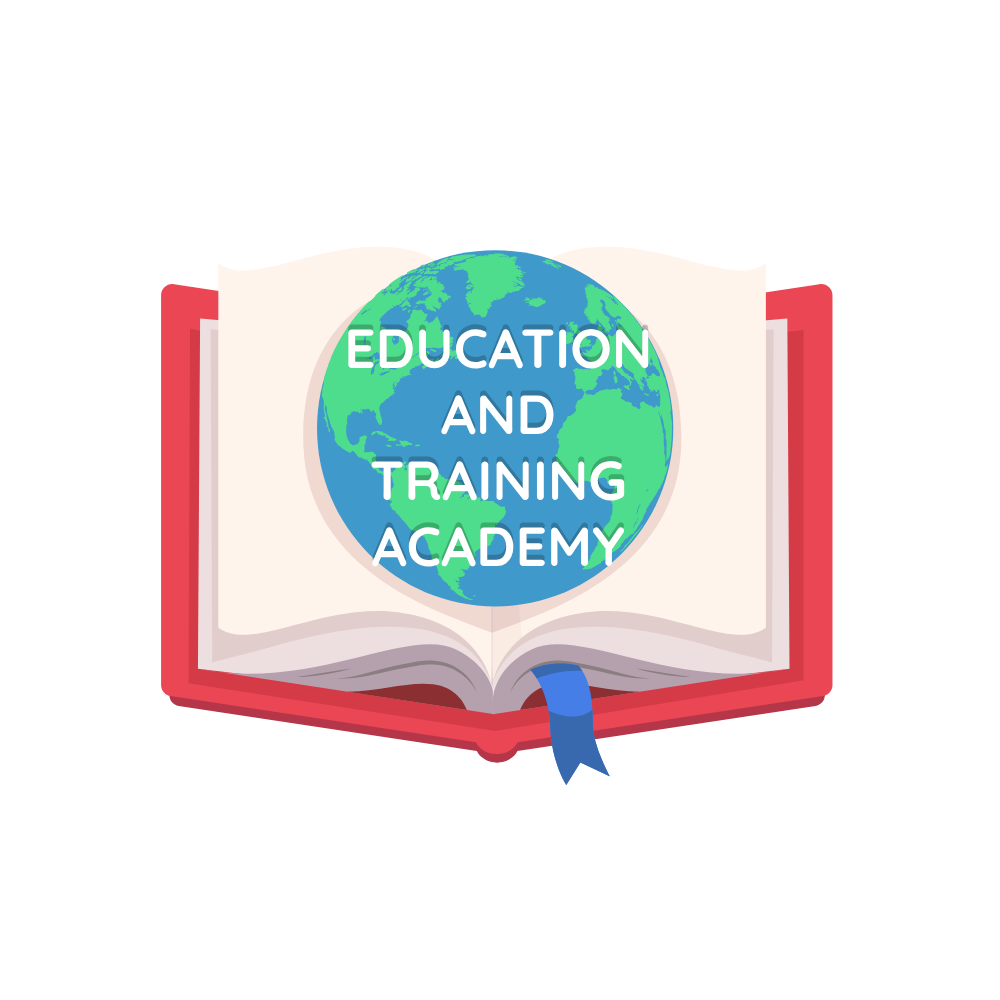USING ORIENTEERING FOR TEAM BUILDING AND PROBLEM-SOLVING ACTIVITIES

Certificate Yes
Cost €80/day
Language English
Duration 5 Day course
Cities: Antalya, Bitola
"Using Orienteering for Team Building and Problem-Solving Activities" is an innovative course designed to explore the integration of orienteering techniques into team building and problem-solving activities. Aligned with the objectives and priorities of the Erasmus+ Programme, this course aims to promote collaboration, communication, and critical thinking skills among participants, fostering a sense of teamwork, resilience, and creativity.
Did you know that orienteering is not only a fun outdoor activity but also a powerful tool for developing important life skills? By incorporating orienteering challenges into team building and problem-solving activities, educators can create engaging learning experiences that promote collaboration, decision-making, and spatial awareness.
Description
This dynamic course is designed for educators who want to harness the potential of orienteering for team building and problem-solving in diverse settings, from classrooms to outdoor environments. Through a blend of theoretical insights, practical workshops, orienteering challenges, and debriefing sessions, participants will learn how to design and facilitate effective team building and problem-solving activities using orienteering techniques.
Participants will explore a range of orienteering skills and strategies, including map reading, route planning, navigation, and decision-making under pressure. They will also learn how to create engaging orienteering courses tailored to specific learning objectives and participant needs, and how to debrief and reflect on orienteering experiences to maximize learning outcomes.
This course is suitable for educators working in schools, youth organizations, outdoor education centers, and other educational settings who want to enhance their toolkit of experiential learning techniques and promote teamwork, problem-solving, and resilience among their students.
Learning Objectives
- Understand the principles and benefits of using orienteering for team building and problem-solving activities and their alignment with the objectives of the Erasmus+ Programme, including their emphasis on collaboration, communication, and critical thinking.
- Develop knowledge and skills in orienteering techniques, including map reading, route planning, navigation, and decision-making under pressure, and their application to team building and problem-solving activities.
- Learn how to design and facilitate engaging orienteering challenges tailored to specific learning objectives and participant needs, incorporating elements of teamwork, problem-solving, and creative thinking.
- Explore strategies for debriefing and reflecting on orienteering experiences to maximize learning outcomes, including identifying strengths, areas for improvement, and actionable insights for future practice.
- Gain insights into risk management, safety protocols, and ethical considerations for conducting orienteering activities in various settings, ensuring participant safety and well-being.
Methodology and Implementation
Interactive workshops and practical exercises: Participants will engage in interactive workshops, practical exercises, and orienteering challenges to explore key concepts and strategies related to using orienteering for team building and problem-solving activities. They will have opportunities to develop practical skills, such as map reading, navigation, and decision-making, and to collaborate with peers on problem-solving tasks and orienteering challenges.
Case studies and best practices: Case studies and examples of successful integration of orienteering into team building and problem-solving activities will be presented and analyzed to inspire and inform participants' own practice. Participants will learn from real-world examples of effective pedagogical design, facilitation, and assessment, and explore strategies for adapting these practices to their own contexts.
Collaborative inquiry and peer feedback: Participants will engage in collaborative inquiry and peer feedback sessions to share their experiences, insights, and challenges related to using orienteering for team building and problem-solving activities. They will have opportunities to learn from each other's successes and failures, exchange feedback and support, and collaborate on solving common challenges and generating new ideas for innovative teaching and learning.
Implementation: Participants will work in small groups to develop and refine their own orienteering-based team building and problem-solving activities, providing feedback and support to each other throughout the process. They will engage in peer review sessions, offering constructive feedback on their peers' activities and incorporating suggestions and insights into their own work.
Reflective practice and continuous improvement: Participants will engage in reflective practice activities and self-assessment exercises to evaluate their progress and growth as educators using orienteering for team building and problem-solving activities. They will reflect on their successes, challenges, and lessons learned, identify areas for further development, and set goals for ongoing improvement and innovation.
Implementation: Participants will keep reflective journals documenting their experiences, insights, and reflections throughout the course. They will engage in regular self-assessment activities, evaluating their progress toward their goals and identifying areas for refinement and enhancement. They will also participate in group reflections and discussions, sharing their reflections with peers and gaining new perspectives and insights.
Activity design and peer review:
Participants will design and develop their own orienteering-based team building and problem-solving activities, incorporating principles and techniques learned throughout the course. They will present their activities to the group for peer review and feedback, receiving constructive input on their design, implementation, and alignment with learning objectives.
Participant feedback and evaluation: Participants will engage in orienteering challenges and problem-solving activities designed by their peers, providing feedback and evaluation based on predefined criteria. Feedback will focus on the effectiveness of the activity in promoting teamwork, problem-solving, and resilience, as well as participant engagement and enjoyment.
Final project presentation and reflection: Participants will reflect on their learning and growth throughout the course, presenting their final projects to the group and sharing insights, challenges, and key takeaways. Presentations will be evaluated based on their clarity, coherence, creativity, and potential impact on teaching and learning.
Daily Programme
Day 1: Introduction to Orienteering Principles
Morning Session:
- Welcome and Course Overview
- Introduction to Orienteering Basics: Map Reading and Navigation Techniques
Afternoon Session:
- Workshop: Orienteering Equipment and Safety Protocols
- Practical Exercise: Map Reading and Navigation Practice
Day 2: Team Building with Orienteering
Morning Session:
- Understanding Team Building Principles
- Workshop: Designing Orienteering Challenges for Team Building
Afternoon Session:
- Outdoor Activity: Team Orienteering Challenge
- Debriefing Session: Reflecting on Team Dynamics and Communication
Day 3: Problem-Solving with Orienteering
Morning Session:
- Introduction to Problem-Solving Techniques
- Workshop: Integrating Orienteering into Problem-Solving Activities
Afternoon Session:
- Outdoor Activity: Problem-Solving Orienteering Course
- Debriefing Session: Analyzing Strategies and Solutions
Day 4: Leadership Development through Orienteering
Morning Session:
- Leadership Skills Development: Communication and Decision-Making
- Workshop: Leading Orienteering Expeditions
Afternoon Session:
- Outdoor Activity: Leadership Orienteering Challenge
- Debriefing Session: Leadership Reflections and Insights
Day 5: Action Planning and Reflection
Morning Session:
- Action Planning: Integrating Orienteering into Teaching Practice
- Workshop: Designing Orienteering-Based Lesson Plans
Afternoon Session:
- Final Project Presentations: Sharing Lesson Plans and Goals
- Closing Remarks and Course Evaluation
